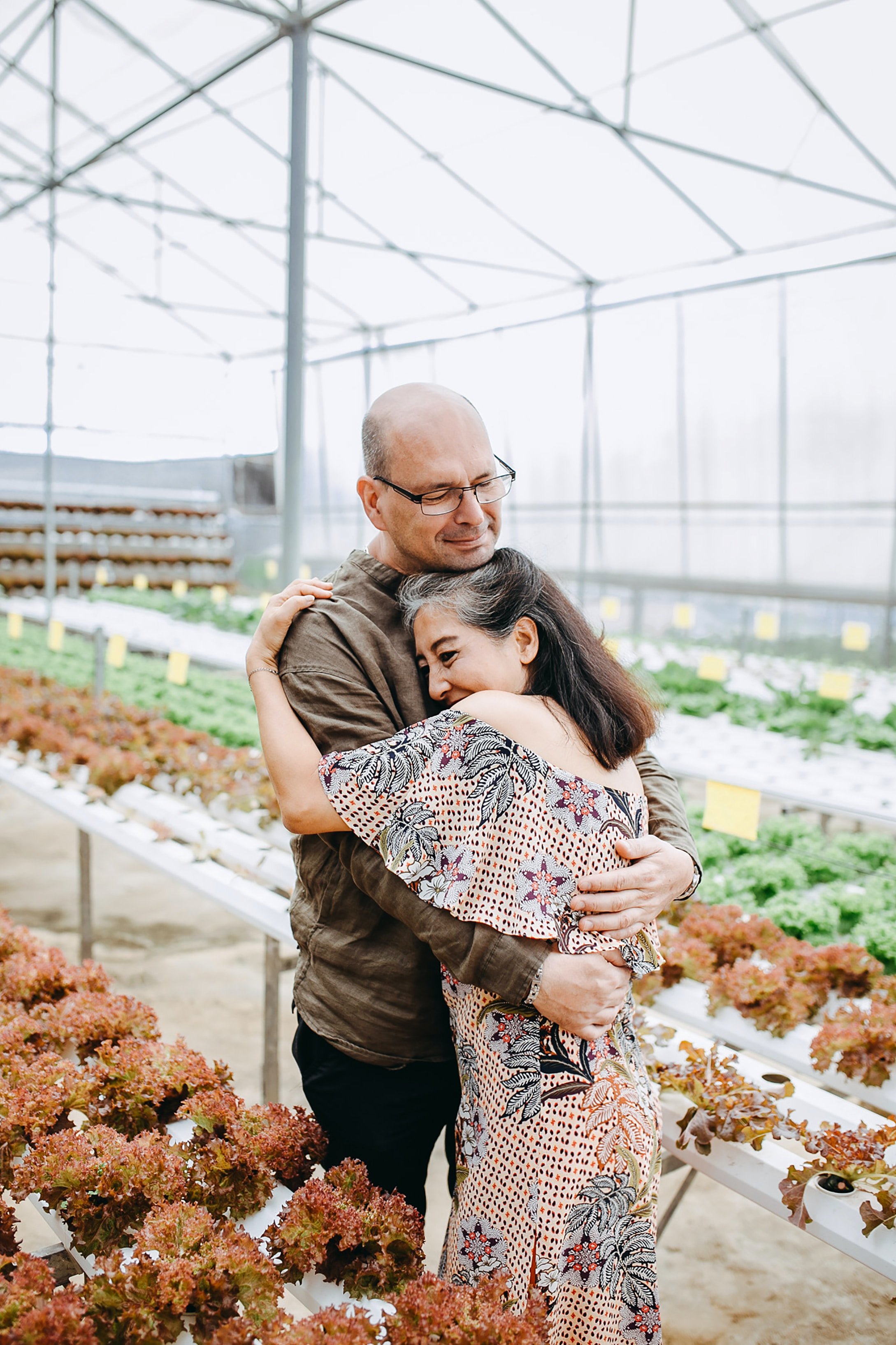
The Unspoken Architects: Navigating Expectations in Relationships

Unraveling the Dance: Beyond Anxious-Avoidant Dynamics

Gratitude and EFT: A Recipe for a Fulfilling Thanksgiving

Navigating Political Divides in Relationships: An EFT Counselor's Perspective

Calming the Storm: Navigating Panic Attacks

Blended Family Blues: Strategies for navigating step-family dynamics during summer break.

Grieving the Life Unlived: When Dreams Take a Different Path

Trauma Bonding: What It Is and How to Heal From It

Why Valentine's Day Can Hurt Your Relationship (and How to Fix It)

Cultivating Love and Connection: Understanding How ADHD Impacts Relationships

Gratitude Can Change Your Life

Mindfulness: Slow Down, Breathe, and Be Grateful

How to Build Trust in Your Relationship

Healing Your Body and Mind with Holistic Trauma Therapy

Emotionally Connect with Your Partner

Couples Therapy…. EFT Style

Benefits of Counseling: Counseling Awareness Month

What is your Attachment Style?
Have you ever been in a relationship that has left you feeling unfulfilled or stressed? Attachment style derives from your earliest experiences with a primary caregiver, most commonly a parent. These experiences create our expectations for how love should be. Knowing the effects these parenting styles have on us as children helps us better understand the roots of potential relationship issues or patterns, and where to begin when addressing these issues—whether on your own or with the help of a therapist.

Why are relationships so hard?
Relationships require emotional intimacy, vulnerability, communication, and compromise. Even in healthy relationships, where couples contribute equally and make an honest effort to trust, respect, and support one another, problems can arise with unresolved trauma.

Are You Prioritizing Your Relationship?
What can you do to make your marriage a priority again and reconnect on a regular basis? Relationships begin to feel as though you are not in love with a loss of connection and emotional response. Couples find themselves in a tough spot in their relationships because life gets so busy and they lose sight of remembering to prioritize one another. It is making the relationship better first by connecting and being emotionally available to one other so that the differences get solved.
